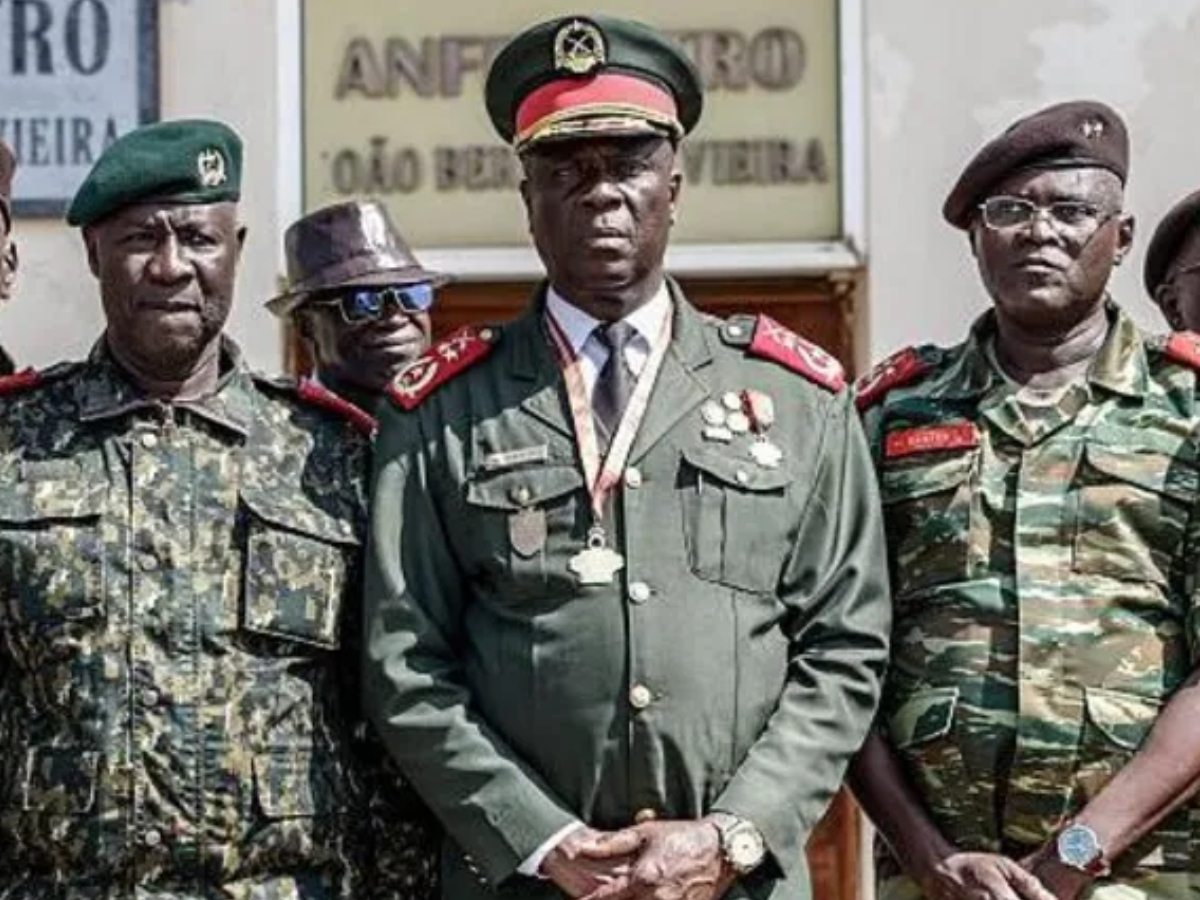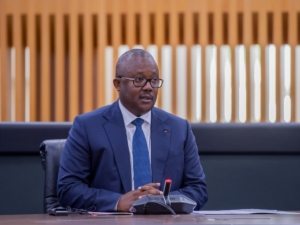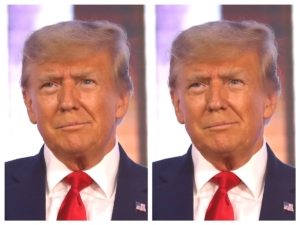Guinea-Bissau’s new head of state, an army general, was sworn in just a day after an apparent coup took place in the West African nation.
According to sources, Army General Horta N’Tam is the transitional president for the next year, and took the oath on Thursday, in brief and muted proceedings in the army headquarters in Guinea Bissau.
The military had already suspended the electoral process and blocked the release of the results of Sunday’s presidential election, which were set to be made public on Thursday.
READ ALSO: Soldiers claim control in Guinea-Bissau, announce takeover on state TV
To some civil society groups in Guinea-Bissau, outgoing President Umaro Sissoco Embaló has masterminded a “simulated coup” against himself with the help of the military.
They say it was a ‘smart mechanism’ to block election results from coming out in case he failed to be victorious.
“This manoeuvre aims to prevent the publication of the electoral results scheduled for tomorrow, November 27,” said the civil society coalition Popular Front in a statement on Wednesday.
For now, president Embalo is yet to respond to the allegations, but he has previously said he has survived several coup attempts during his time in office.
His critics, however, accused him of fabricating these stories and crises just to crack down on dissent.
Sandwiched between Senegal and Guinea, the West African country is known as a notorious drug-trafficking hub where the military has been influential since independence from Portugal in 1974.
At least nine coups or attempted coups have befallen Guinea-Bissau over the last five decades.
President Embaló has described his arrest as a coup led by the army chief of staff, telling France 24: “I have been deposed,” but said he was not harmed.
Embaló faced a legitimacy dispute, with the opposition arguing his term had expired, and Guinea-Bissau’s constitution sets a five-year presidential term, as reported by face2faceafrica.com.
READ ALSO: Trump hints at barring South Africa from the 2026 G20 summit in Miami
Embaló took office in February 2020, and while the opposition says his term ended on Feb. 27 this year, the Supreme Court extended it to September 4. The presidential election itself was delayed until this month.










